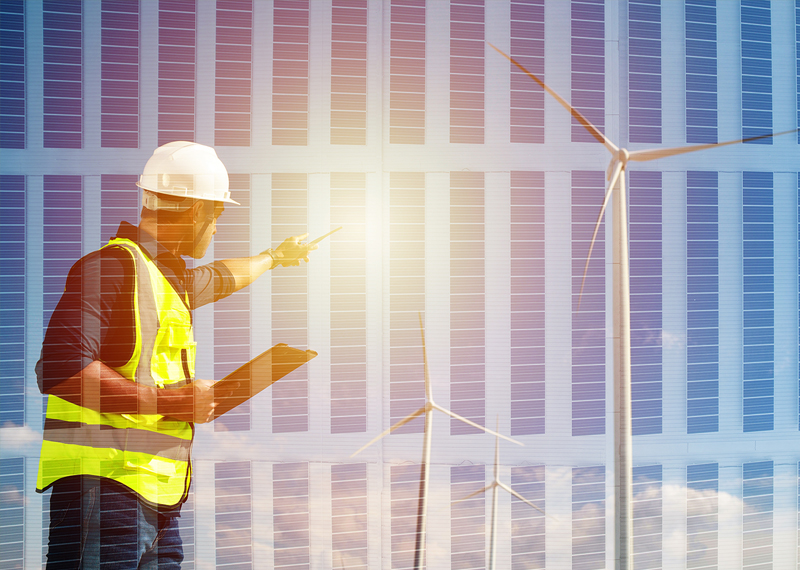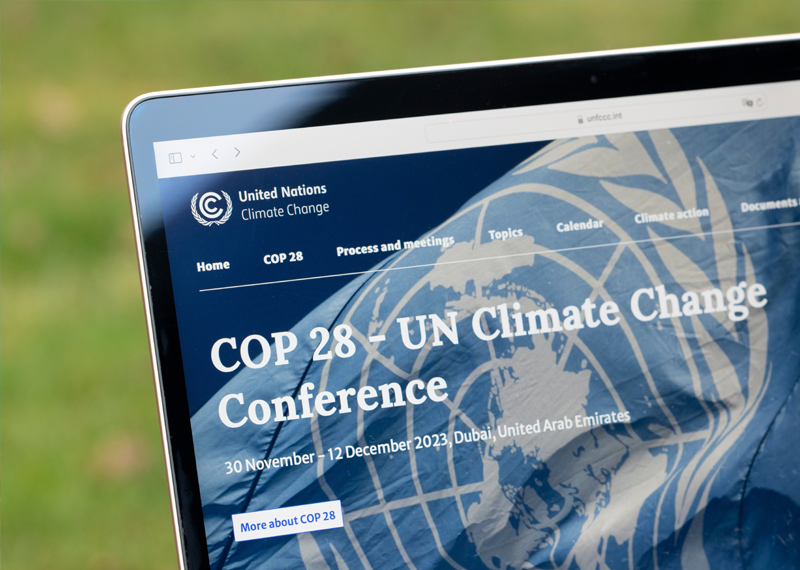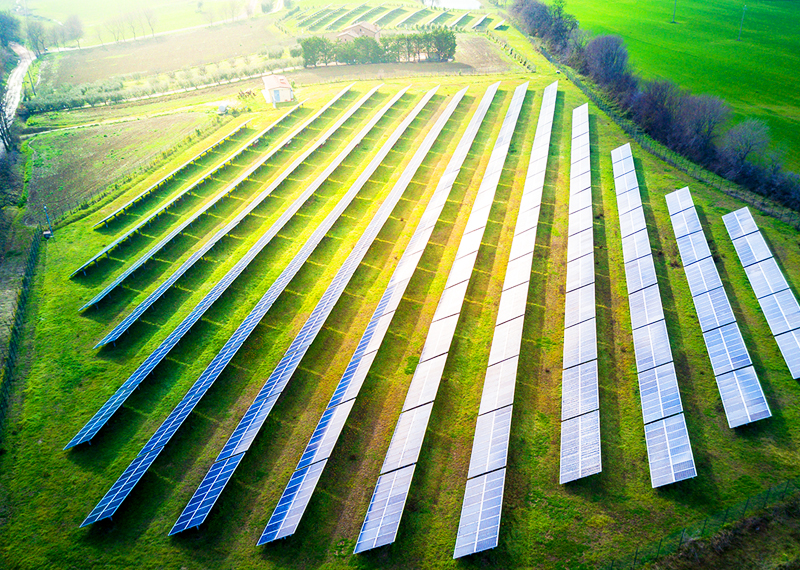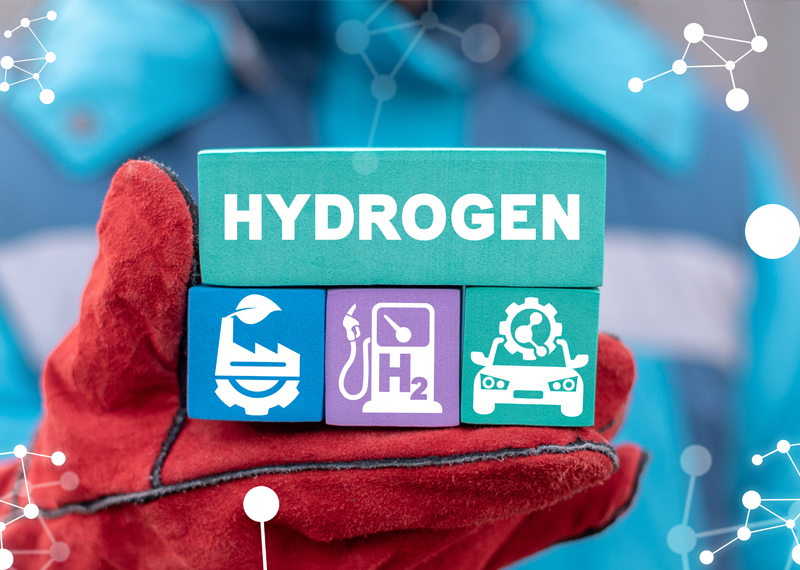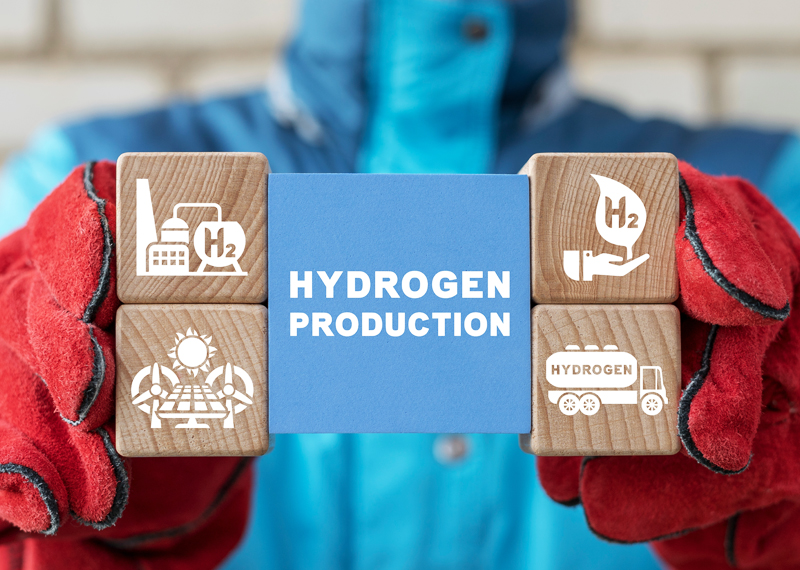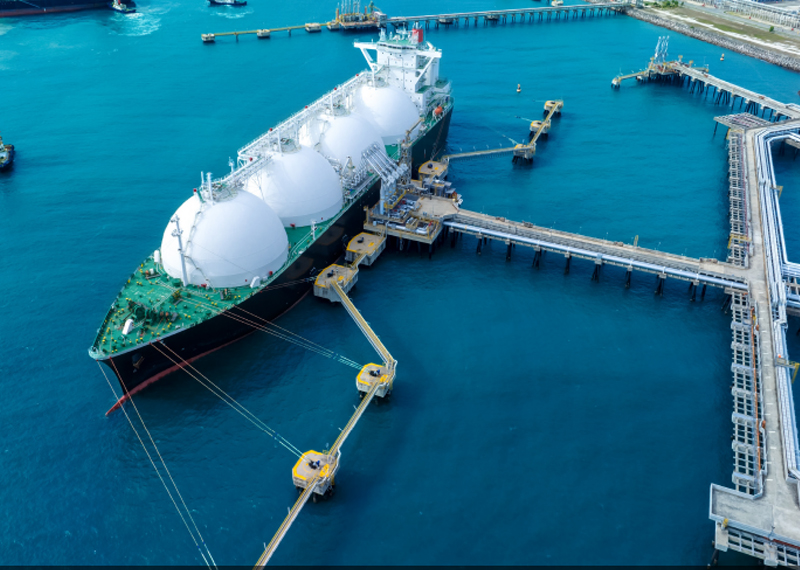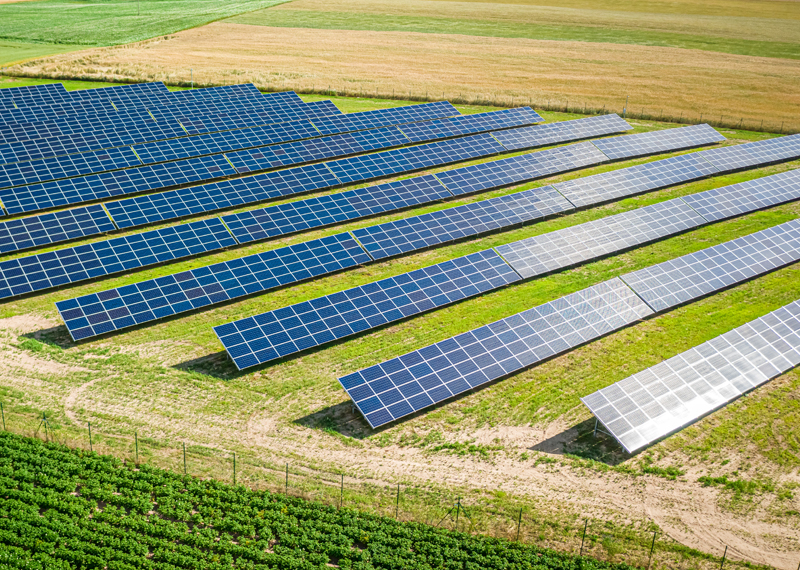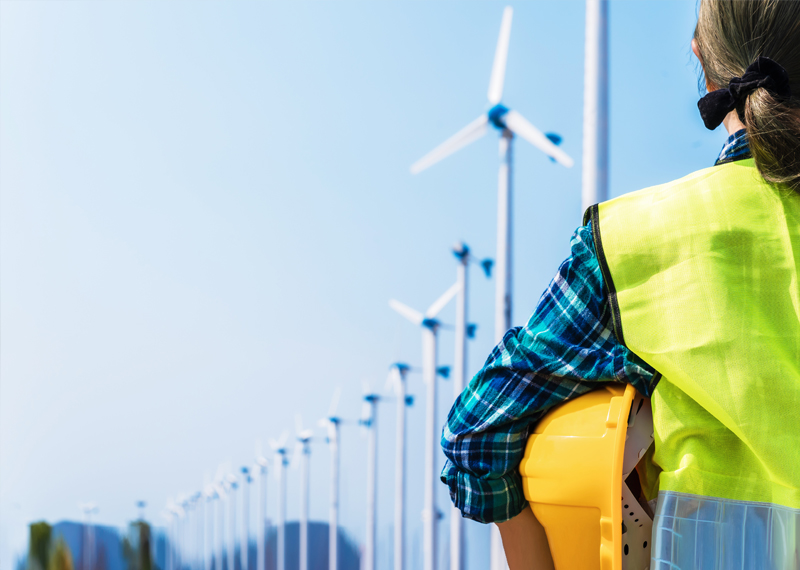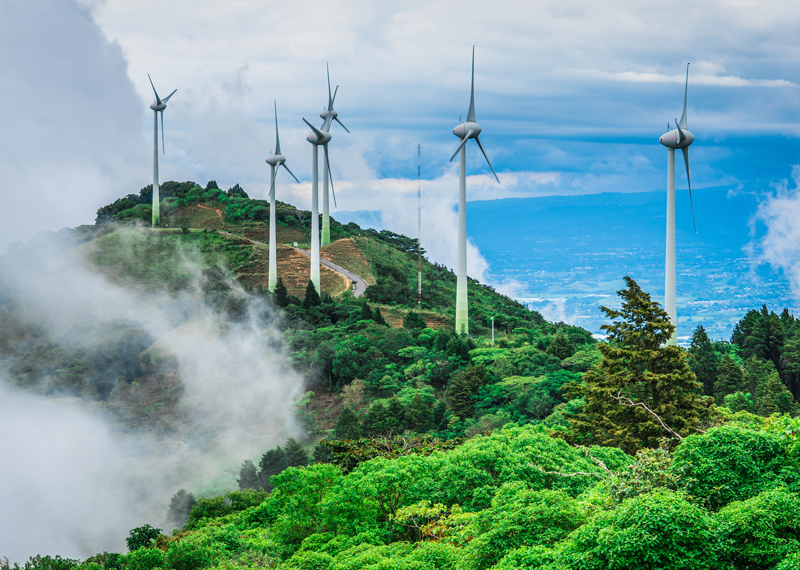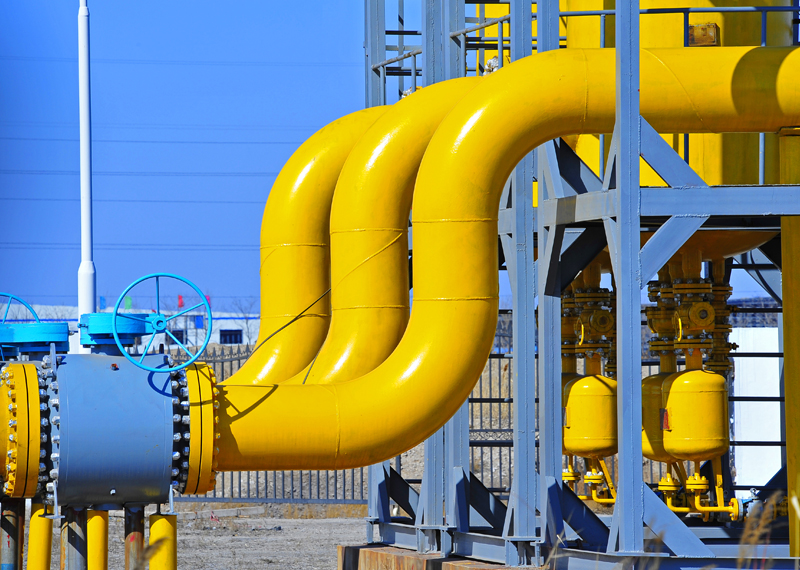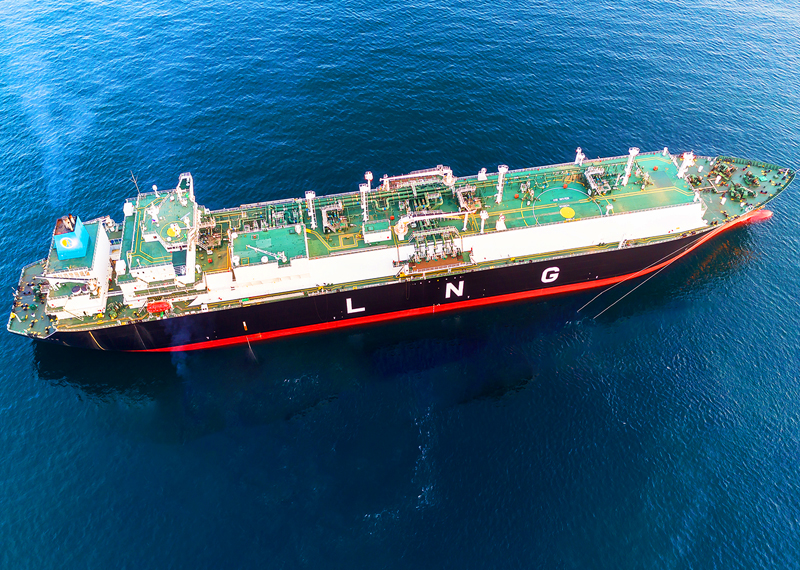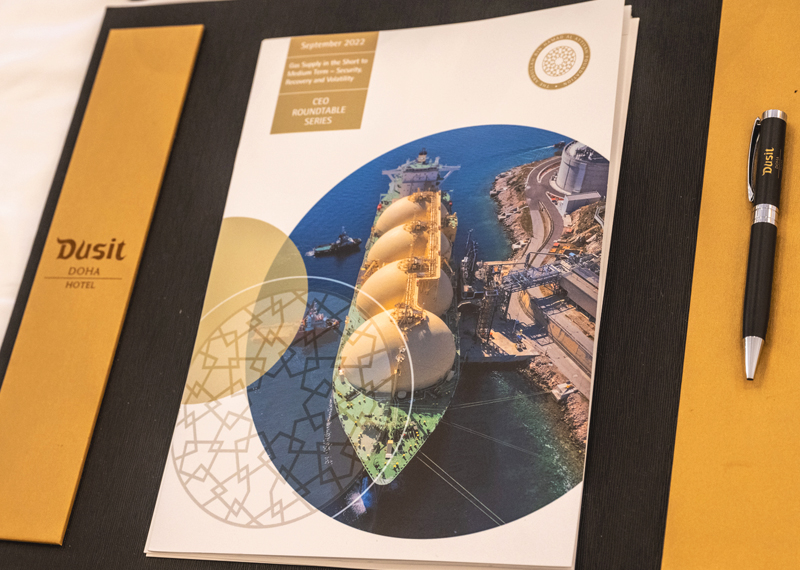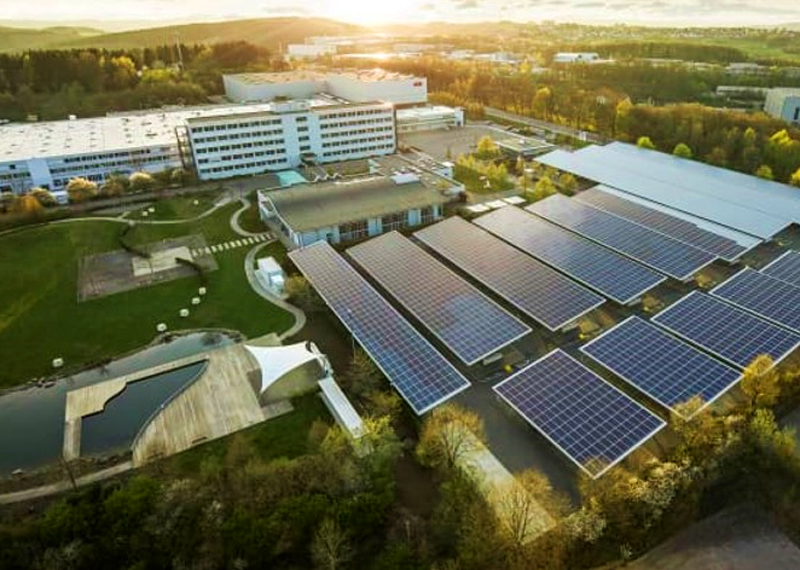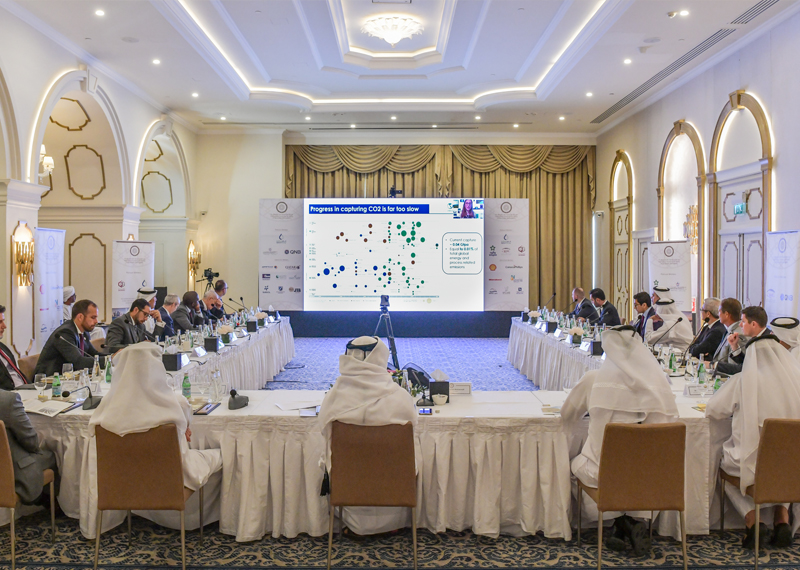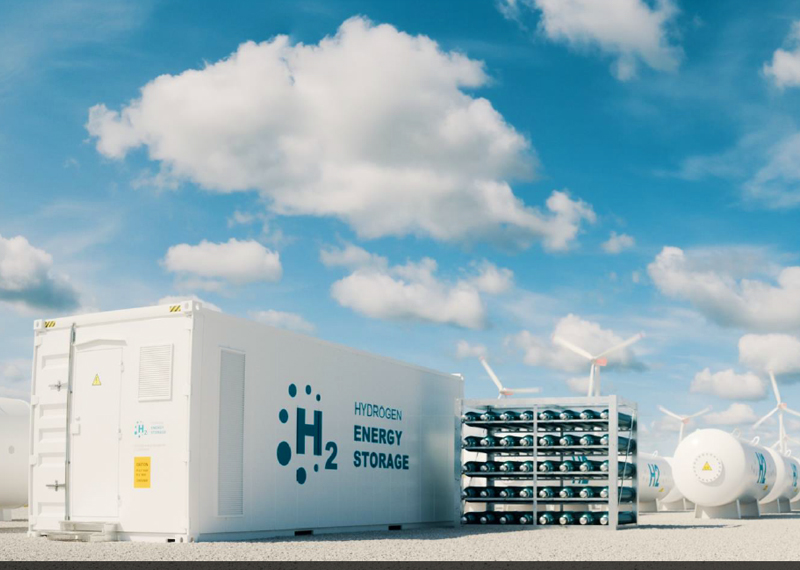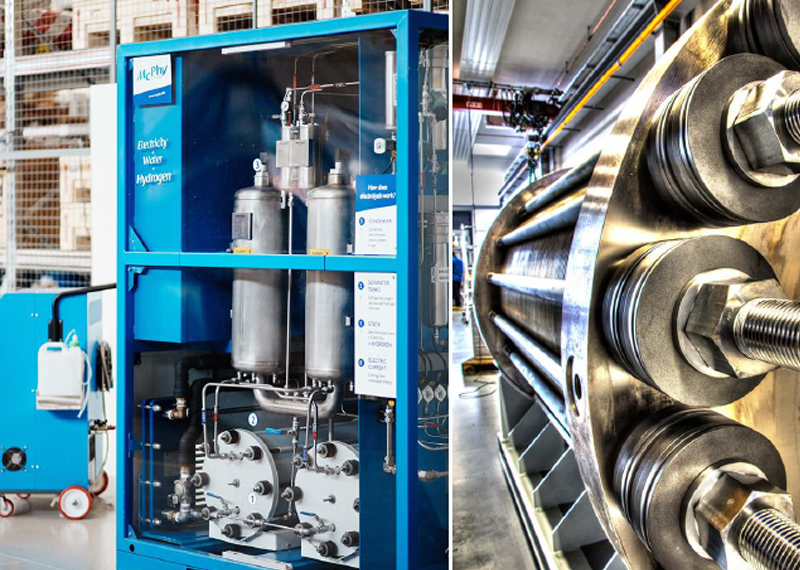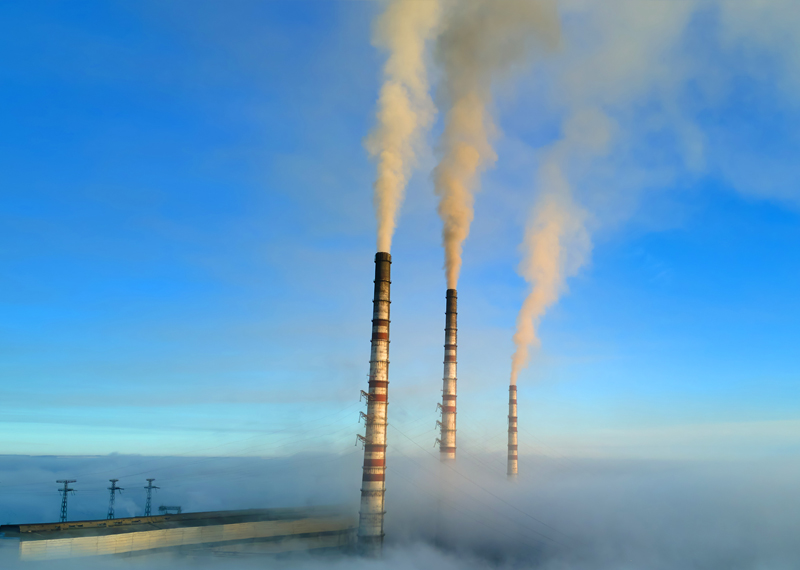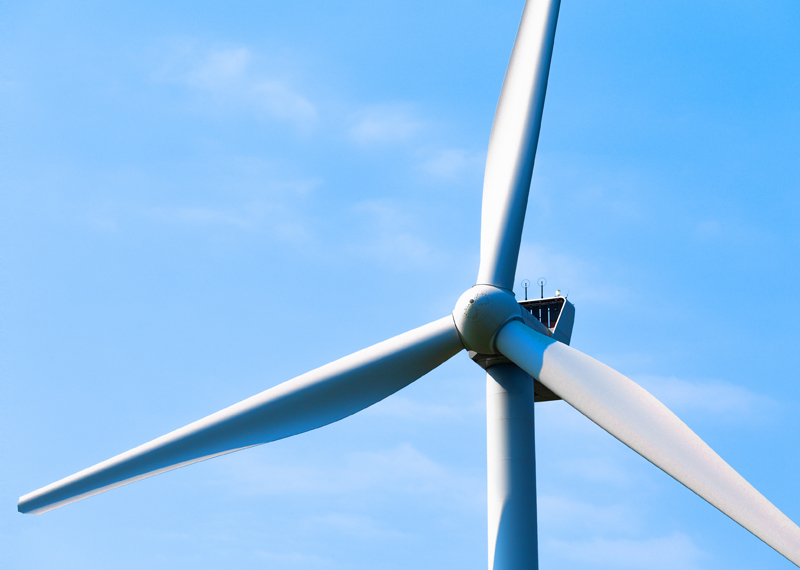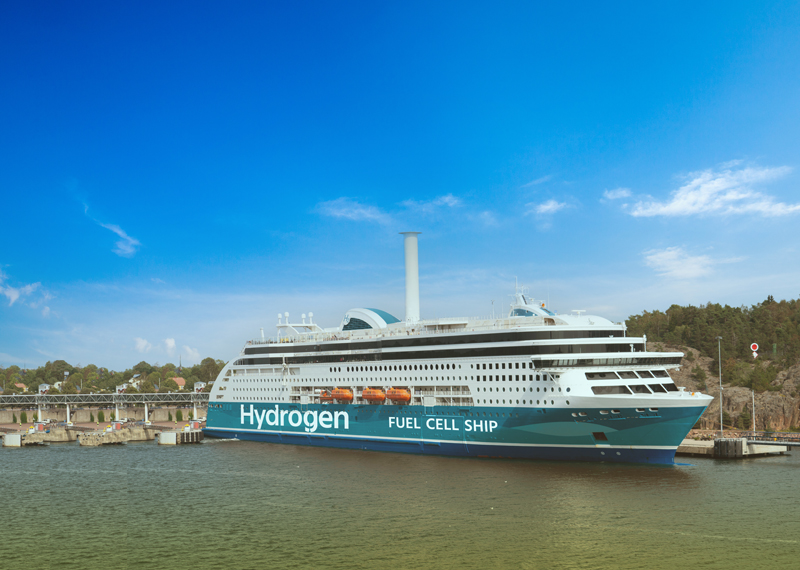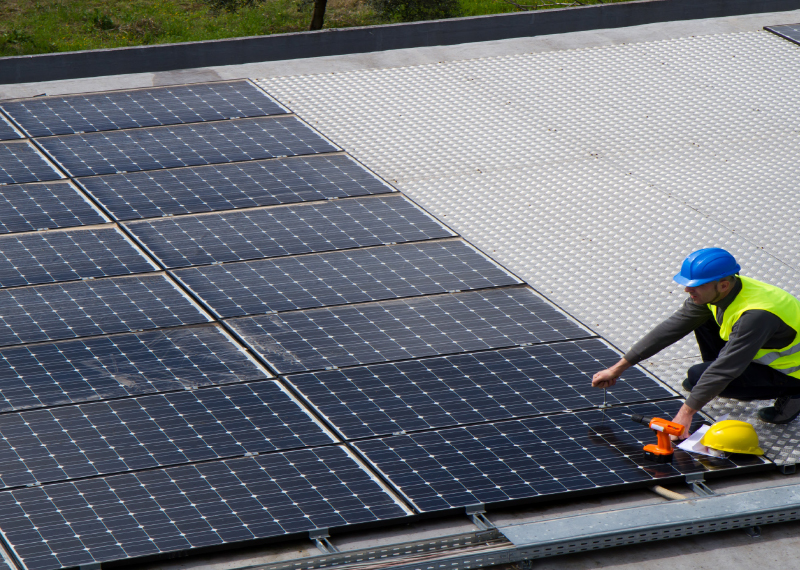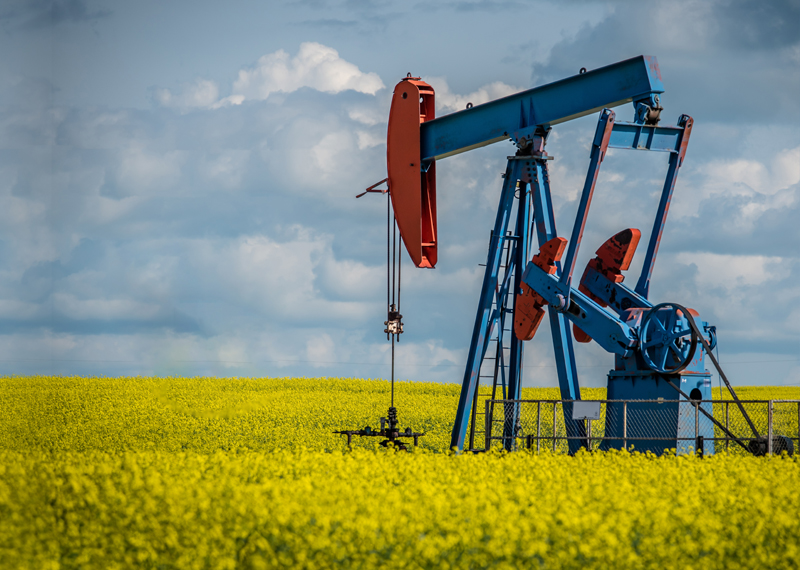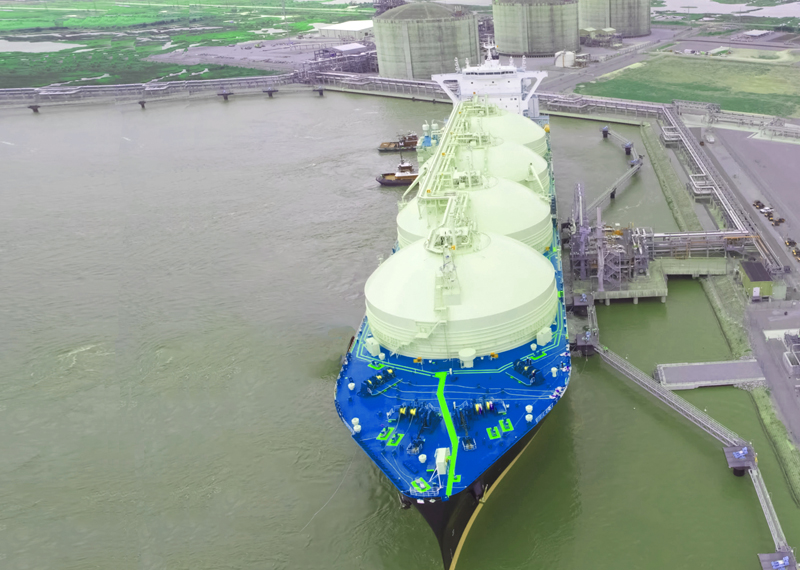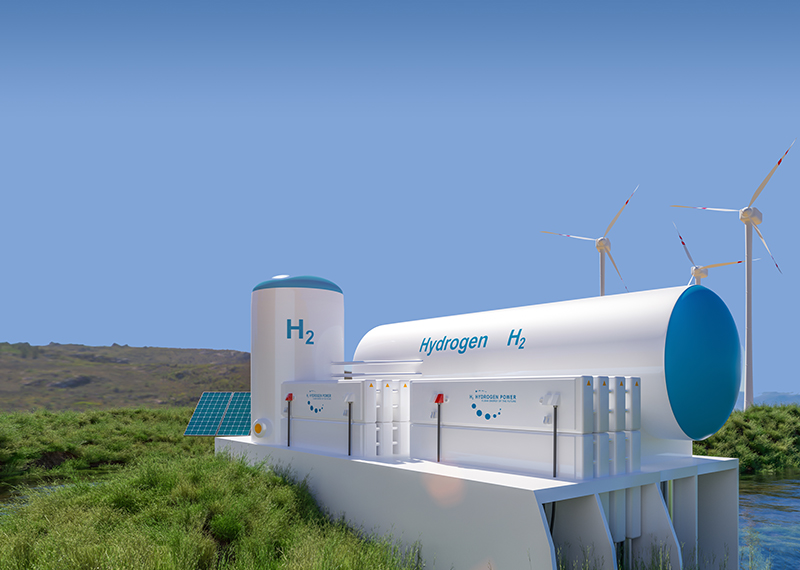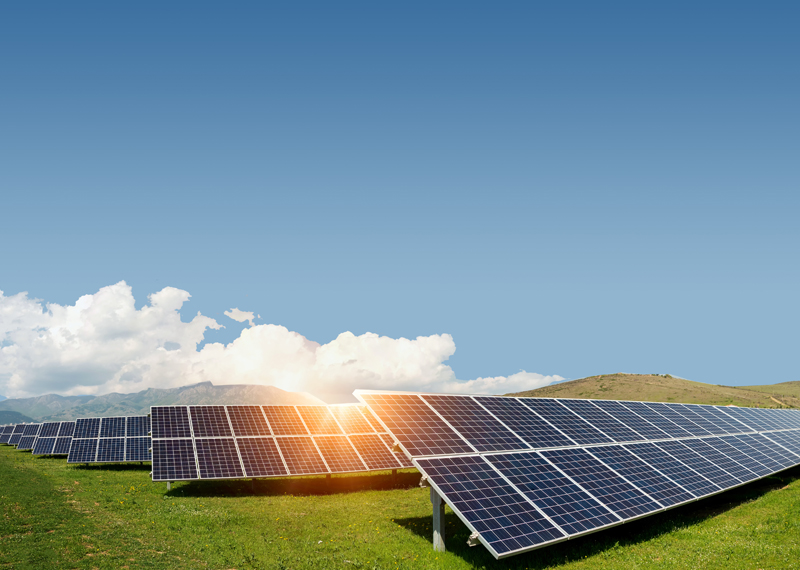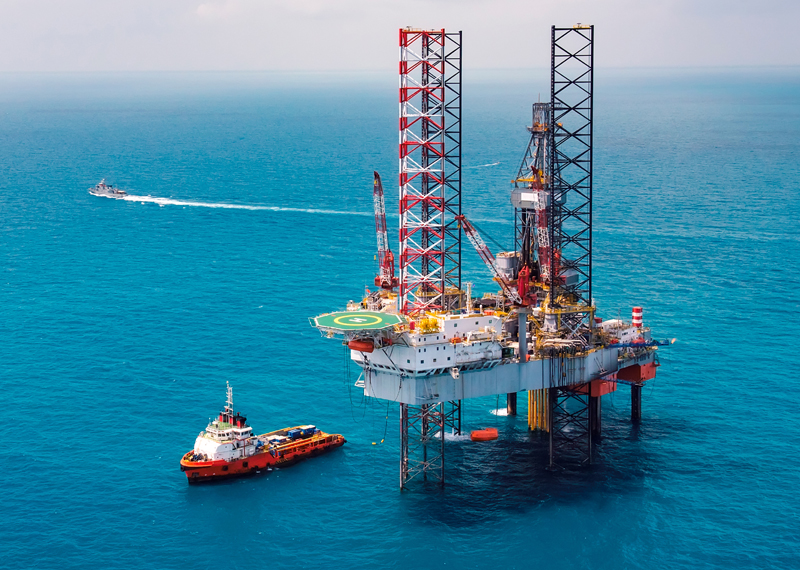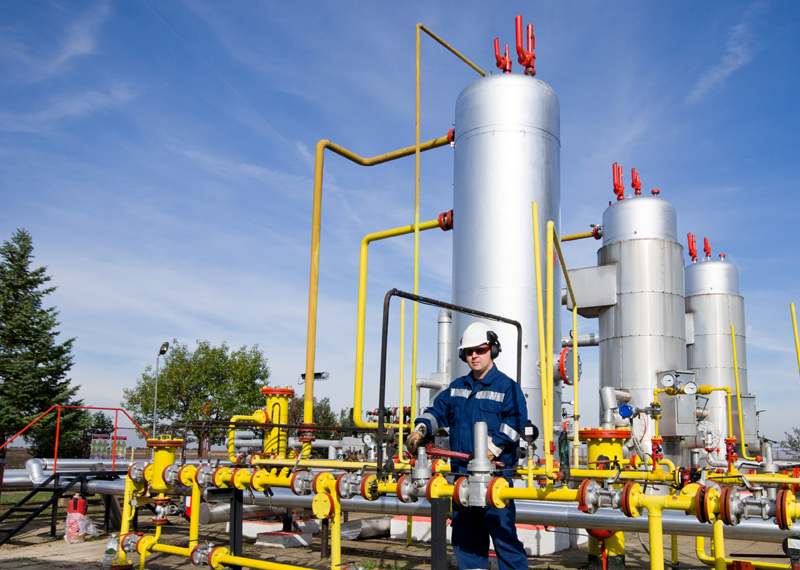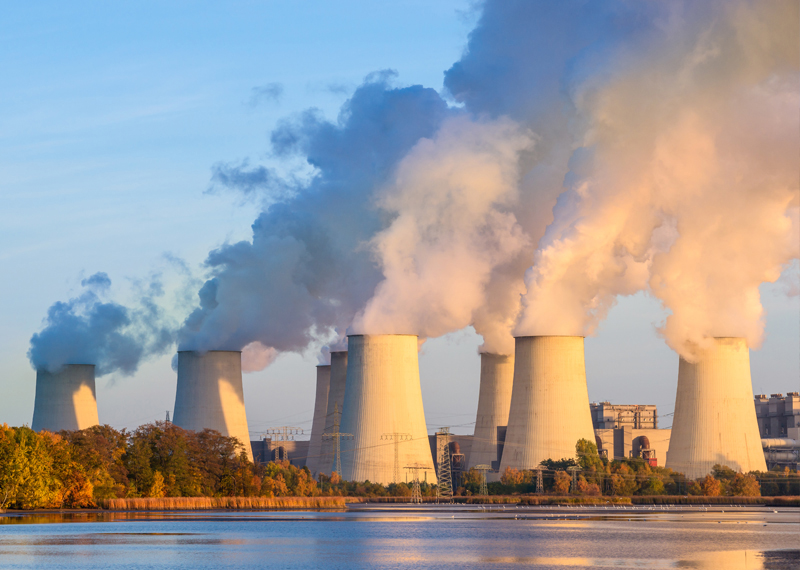White Papers
March - 2025
CEO Roundtable White Paper: Balancing Economic Growth and Climate Action in the Energy Sector
The Al-Attiyah Foundation convened its first CEO Roundtable of 2025 to discuss the challenge of balancing economic growth with climate action in the energy sector. Industry leaders, policymakers, and experts exchanged insights on technological innovation, global governance, investment strategies, and regulatory frameworks. Discussions underscored the urgency of aligning economic growth with environmental sustainability while acknowledging the complexities of geopolitical shifts and market realities.
March - 2025
Webinar Series: The Role of Energy in Driving the Global Sustainability Agenda
The Abdullah bin Hamad Al-Attiyah Foundation for Energy and Sustainable Development provides robust and practical knowledge and insights into global energy and sustainable development topics, sharing these for the benefit of the Foundation’s members and community.
Since 2020, the Foundation has staged a series of webinars, in partnership with London Stock Exchange Group (LSEG) to explore key trends and insights in the energy sector during a period of unprecedented global uncertainty due to the Covid-19 pandemic, supply chain constraints, the Ukraine conflict, extreme price volatility and and the escalating climate crisis.
December - 2024
Webinar Series: Energy Market Trends to Watch in 2025 and Beyond
The webinar “Energy Market Trends to Watch in 2025 and Beyond,” held on December 5, explored the critical factors shaping the global energy landscape amid economic and geopolitical uncertainties, shifting oil and gas supply dynamics, and the rapid expansion of renewables.
Co-hosted by the Foundation and the London Stock Exchange Group (LSEG), this lively session brought together industry experts to reflect on 2024’s trends and forecast what lies ahead for the energy sector.
December - 2024
CEO Roundtable White Paper: A Year of Change: Reflections on 2024 and Priorities for 2025
The Al-Attiyah Foundation’s fourth and final CEO Roundtable of the year took place on 4th December 2024. The moderator, Axel Threlfall, Editor-at-Large for Reuters, commenced with an update of events that he expected to influence the thoughts of the participants and direct the discussion. He mentioned Brent crude hitting a 2-week peak, no doubt influenced by events in South Korea, Syria, Ukraine and conflicts in Gaza and Lebanon, and pointed out that an Organization of the Petroleum Exporting Countries (OPEC) production decision was expected shortly. He then invited the His Excellency Dr Ibrahim Ibrahim, Vice Chairman of the Board of Trustees of the Al-Attiyah Foundation, to officially open the CEO dialogue.
September - 2024
Webinar Series: The Energy-Water Nexus
The Abdullah bin Hamad Al-Attiyah Foundation for Energy and Sustainable Development provides robust and practical knowledge and insights on global energy and sustainable development topics, communicating these for the benefit of the Foundation’s members and community.
Since 2020, the Foundation has staged a series of webinars, in partnership with London Stock Exchange Group (LSEG) to explore key trends and insights in the energy sector during a period of unprecedented global uncertainty due to the COVID-19 pandemic, supply chain constraints, the Ukraine conflict, extreme price volatility and the climate emergency.
September - 2024
CEO Roundtable White Paper: The effect of the Energy Transition on Water Resources
The third quarterly CEO Roundtable of 2024 commenced with a speech from Vice Chairman of the Board of Trustees of the Al-Attiyah Foundation, His Excellency Ibrahim Ibrahim. During H.E.’s address he extended greetings to members, guests, and speakers gathered in the room and online. H.E. Ibrahim Ibrahim commented that water and energy are the two pillars of existence and that the interactions are complex but an understanding of them was necessary. This complexity is further compounded by the added requirements of the global pursuit for transition to clean energy and the need to move to renewable energy sources. Energy production requires water and water production requires energy, H.E. Ibrahim Ibrahim concluded.
June - 2024
Webinar Series: Natural Gas: Security of Demand in a Greener World
Since 2020, the Foundation has staged a series of webinars, in partnership with London Stock Exchange Group – Data & Analytics, to explore key trends and insights during a period of unprecedented global uncertainty due to the Covid-19 pandemic, supply chain constraints, the Ukraine conflict, extreme price volatility and the climate emergency as they impact the energy industry. This edition of webinar focused on the security of demand for natural gas in a greener world.
June - 2024
CEO Roundtable White Paper: Energy Security: Future Demand and Promising Options
The meeting commenced with a customary welcome from H.E. Abdullah bin Hamad Al-Attiyah, extending greetings to members, guests, and speakers gathered for the second CEO Roundtable of 2024. He noted the relevance of the topic. He said that we hear much about the security of supply of fossil fuels, but equally important to suppliers is the security of demand. The topic of energy security has become more prominent in recent years due to many factors impacting on access to reliable and affordable energy.
March - 2024
Webinar Series: Clean Energy Transition: Opportunities and Barriers for Renewable Energy
Renewable energy is poised to become even more prevalent in 2024 as decarbonisation accelerates and more investment is made into the sector.
Falling costs have been the biggest factor in the growth of solar and wind capacity, with renewables now the cheapest form of power. This has helped renewables garner more investment than fossil fuels.
March - 2024
CEO Roundtable White Paper: Impediments and Opportunities for the Energy Transition
Impediments and Opportunities for the Energy Transition The meeting commenced with a customary welcome from H.E. Abdullah bin Hamad Al- Attiyah, extending greetings to members, guests, and speakers gathered for the inaugural CEO Roundtable of 2024. He noted the timeliness and relevance of the chosen topic, resonating with all present.
December - 2023
Webinar Series: COP28 Outcomes Shaping the Global Energy Landscape for a Sustainable Future
COP28 led to significant pledges from participating nations to address global warming, emphasising the need for increased financing in the energy transition, particularly in less developed countries, to effectively combat climate change. These were the conclusions drawn by the expert panelists in the Al-Attaiyah Foundation's fourth webinar of 2023. Key commitments included doubling the global annual rate of energy efficiency improvements from approximately 2% to over 4% annually until 2030 and tripling the installed renewable energy capacity to 11,000 gigawatts by 2030.
December - 2023
CEO Roundtable White Paper: The Year That Was – Reflecting on 2023 and Plotting Climate Action in 2024
The Al-Attiyah Foundation concluded its 2023 activities with its fourth and final CEO Roundtable of the year on December 6. The Trilemma for Energy, encompassing Energy Affordability, Energy Sustainability,
and Energy Security, formed the basis of the session’s analysis of trends witnessed over the past 12 months and predictions for 2024. During the dialogue, experts discussed whether hydrogen would become a significant fuel source in the coming years, the practical and effective approaches that the energy sector could employ to mitigate climate change, the possibility of ‘stranded assets’ both above and below the ground in fossil-producing countries, and more
September - 2023
Webinar Series: The Hydrogen Rainbow – Looking Beyond the Colours
The Abdullah bin Hamad Al-Attiyah Foundation for Energy and Sustainable Development provides robust and practical knowledge and insights on global energy and sustainable development topics, communicating these for the benefit of the Foundation’s members and community.
Since 2020, the Foundation has hosted a series of webinars, in partnership with Refinitiv (an LSEG Business), to explore key trends and insights during a period of unprecedented global uncertainty due to the COVID-19 pandemic, supply chain constraints, the Ukraine conflict, extreme price volatility and the climate emergency as they impact the energy industry.
September - 2023
CEO Roundtable White Paper: Hydrogen Technology - From Strategy to Delivery
Hydrogen is the most abundant element in the universe and also burns without producing carbon dioxide. Due to these properties, many experts have claimed that it is the “wonder fuel” and could play a major role in the race to net-zero emission by mid-century. However, hydrogen production technologies are nascent, expensive to implement and require further support from the public and private sectors for further implementation.
June - 2023
Webinar Series: LNG Now a Global Fuel in Response to Volatile Markets
The Abdullah bin Hamad Al-Attiyah Foundation for Energy and Sustainable Development provides robust and practical knowledge and insights on global energy and sustainable development topics, communicating these for the benefit of the Foundation’s members and community.
Since 2020, the Foundation has staged a series of webinars, in partnership with Refinitiv (an LSEG business), to explore key trends and insights during a period of unprecedented global uncertainty as the Covid-19 pandemic, supply chain constraints, the Ukraine war, extreme price volatility and the climate emergency impact the energy industry.
June - 2023
CEO Roundtable: Are Volatile Energy Markets Slowing the Energy Transition?
Various institutions within governments, academia, research institutions and the private sector are addressing the need for mitigating actions to either abate or counteract the effects of climate change. However, it is often observed that the prices of fossil fuels are volatile. This roundtable explored whether the volatile nature of the fossil fuel markets is hindering the transition to less fossil fuel intensive fuel substitutes i.e., the transition to renewable sources of energy.
February - 2023
Webinar Series: Net-Zero Targets Closer Than We Think: Is the Energy Sector on the Right Track?
With little time left to halt the continuous increase in greenhouse gas (GHG) emissions into the atmosphere (i.e., achieving net-zero), the next few years will be critical for our planet.
Already, the earth is about 1.1°C warmer than it was in the late 1800s. To limit global warming to around 1.5°C, as called for in the Paris Agreement, GHG emissions must peak by 2025 and fall by 43% before 2030, according to the latest report by the UN’s Intergovernmental Panel on Climate Change.
February - 2023
CEO Roundtable: Anticipated Energy Scenarios in a Net-Zero World
Institutions within academia, research organisations, the private sector, and the energy industry have developed energy scenarios. While these organisations have different methodologies and varying assumptions, most of their scenarios are not optimistic about the world meeting targets set by the Paris Agreement. For the first CEO Roundtable of 2023, international experts, and guests provided insights into short and long-term scenarios and discussed how 2023 might unfold for the energy transition.
November - 2022
Webinar Series: From Glasgow To Sharm El Sheikh: How Will Cop27 Reshape The Global Energy Landscape?
The Abdullah bin Hamad Al-Attiyah Foundation for Energy and Sustainable Development provides robust and practical knowledge and insights on global energy and sustainable development topics, communicating these for the benefit of the Foundation’s members and community. Since 2020, the Foundation has hosted a webinar series, in partnership with Refinitiv, to explore key trends and insights as the coronavirus pandemic, supply chain constraints, war in Ukraine and deepening gloom about the global economy impact
the energy industry.
September - 2022
Webinar Series: The Changing Dynamics of the LNG Shipping Market
The Abdullah bin Hamad Al-Attiyah Foundation for Energy and Sustainable Development provides robust and practical knowledge and insights on global energy and sustainable development topics, communicating these for the benefit of the Foundation’s members and wider community.
The LNG industry is facing major economic and political shifts. Supply had already been struggling to keep up with rebounding demand as economic activity normalised following the peak of the pandemic before sanctions on Russian energy cargos, which subsequently reduced pipeline gas deliveries from Russia to Europe.
September - 2022
CEO Roundtable: Gas Supply in the Short to Medium Term – Security, Recovery and Volatility
One may be forgiven for believing that the recent spike in gas prices and shortening supply are unheralded. However, some facets of the current situation could have been forecast with a quick analysis of trends from the previous decade. The low prices for both oil and gas of the period between 2010 and 2020 constrained investment. Companies found it difficult to make Final Investment Decisions (FIDs) when prices were low, despite arguments about the benefits of counter cyclical investments.
June - 2022
Webinar Series: ESG Transformation
Since 2020, the Foundation has hosted a webinar series, in partnership with Refinitiv, to explore key trends and insights as the coronavirus pandemic impacts the energy industry and hastens the switch to renewables. The latest webinar, titled “ESG Transformation: Seizing the Opportunity,” was held on the 14th of June 2022 and saw four global experts examine the business case for ESG and the impact of the pandemic and other geopolitical crises on the implementation of ESG practices.
June - 2022
CEO Roundtable: Carbon Capture, Storage & Utilisation
Carbon capture and storage (CCS), or carbon capture, utilisation, and storage (CCUS), is a suite of technologies to capture CO2 from carbon-emitting processes and to store it safely for the long-term in underground rock formations, convert it into useful products or into stable minerals. CCUS involves three steps aimed at reducing the release of anthropogenic CO2 emissions into the atmosphere.
Carbon dioxide is captured from anthropogenic sources, then it is transported to the injection site and permanently stored in geological storage or it is utilised.
The Paris Agreement on climate action, and the Intergovernmental Panel on Climate Change (IPCC) report on the impacts of global warming of 1.5°C.
March - 2022
CEO Roundtable: Hydrogen Opportunities for Qatar
The race towards carbon neutrality by mid-century has certainly gathered momentum in the past few years. Netzero carbon aspirations are now increasingly common for countries, subnational regions, and companies, with about 70% of the global economy now covered by firm or indicative net-zero targets.
Despite the excitement, widescale change to the entire economy is required if the goals of the 2015 Paris Agreement are to be met and temperature rise kept “well below” 2°C above pre-industrial levels by the end of the century (2100). It has become apparent that many different routes to net-zero will be necessary. These routes will be dictated not just by technology or overall economics but also by local needs and local assets.
March - 2022
Webinar Series: Stepping up the Pace of Hydrogen Development
The latest Al-Attiyah Foundation webinar, titled Stepping up the Pace of Hydrogen Development, was held on 7 March and brought together worldrenowned experts to discuss the role environmentally friendly hydrogen can play in the ongoing energy transition and how using the gas in more urban activities can help nations achieve their net-zero carbon emissions targets.
The International Renewable Energy Agency (IRENA) forecasts hydrogen will account for nearly 12% of global energy use by 2050, providing a $2.5 trillion investment opportunity through to 2050 for utilities, equipment makers and others seeking to reduce their emissions.
December - 2021
CEO Roundtable: 2022 Global Energy Landscape: Will the crisis continue?
As 2021 drew to a close, the Foundation held two events to take stock of an eventful year.
At the CEO Roundtable and Webinar, both titled “2022 Global Energy Landscape: Will the crisis continue?”, key figures from the oil and gas industry convened to provide their analysis of the past year, forecasts for 2022
and expertise on key trends as the coronavirus pandemic impacts the energy industry and hastens the transition to renewables.
The quarterly CEO Roundtable has been the flagship event of the Foundation since its formation in 2015. The latest, held on December 1, 2021 was the second instalment of its new “hybrid form,” with CEOs, other invited guests and expert speakers joining either virtually through video link or physically at the venue.
October - 2021
Webinar Series: Can COP26 Live Up To The World’s Expectations?
The race towards carbon neutrality by mid-century has certainly gathered momentum in the years since the Paris Agreement, with about 70% of the global economy now covered by firm or indicative net-zero targets.
However, widescale changes are required if the terms of the agreement are to be met and temperatures kept “well below” 2°C above preindustrial levels by 2100.
September - 2021
CEO Roundtable: The Race To Net Zero
The race towards carbon neutrality by mid-century has certainly gathered momentum in the past few years. Net-zero carbon aspirations are now increasingly common for countries, sub-national regions and companies, with about 70% of the global economy now covered by firm or indicative net-zero targets.
Despite the excitement, widescale change to the entire economy is required if the goals of the 2015 Paris Agreement are to be met and the temperature rise kept “well below” 2°C above pre-industrial levels by the end of the century (2100).
July - 2021
Webinar Series: Achieving Net Zero With Hydrogen
To continue delivering interactive content during the COVID-19 pandemic, the foundation started a webinar series in partnership with Refinitiv.
In the series, internationally renowned experts offer their unrivalled knowledge and opinions as we discuss key trends in the energy industry, and debate the need to transition to cleaner resources.
February - 2021
Webinar Series: Opportunities And Challenges In The Energy Industry
In 2020 and continuing into 2021, the Al-Attiyah Foundation hosted a webinar series, in partnership with Refinitiv, to explore key trends and insights, in the wake of the continuing impact of the coronavirus pandemic on the energy industry, and the increasing debate on the need to transition to renewable energy. Three distinguished Fellows of the Al-Attiyah Foundation who are internationally renowned as energy trend analysts, were hosted to the most recent webinar in the series, that explored what the future might hold.
December - 2020
Webinar Series: The Global Energy Outlook: From Crisis to Growth
The Al-Attiyah International Foundation for Energy and Sustainable Development, in partnership with the Financial Times, held a webinar on “The Global Energy Outlook: From Crisis to Growth”, on Tuesday, 8 December 2020. The purpose of the webinar was to reflect upon the highs and lows of 2020, and what might unfold in 2021. The Al-Attiyah Foundation is a leading not-for-profit international think tank in the region, with the mission to provide robust and practical knowledge and insights on global energy and sustainable development topics and communicate these for the benefit of the Foundation’s members and
community.
November - 2020
Webinar Series: LNG Market Road To Recovery
The Abdullah Bin Hamad Al-Attiyah Foundation for Energy and Sustainable Development provides robust and practical knowledge and insights on global energy and sustainable development topics, communicating these for the benefit of the Foundation’s members and community.
In 2020, the Foundation hosted a webinar series, in partnership with Refinitiv, to explore key trends and insights as the coronavirus pandemic impacts the energy industry and hastens the transition to renewables. The most recent webinar in the series explored the road to recovery for the global liquefied natural gas (LNG) industry.
October - 2020
Webinar Series: Achieving Water Security In A Changing World
The Abdullah bin Hamad Al-Attiyah Foundation for Energy and Sustainable Development provides robust and practical knowledge and insights on global energy and sustainable development topics and communicates these for the benefit of the Foundation’s members and community.
In 2020, the Foundation hosted a webinar series, in partnership with Refinitiv, to explore key trends and insights as the coronavirus pandemic impacts the energy industry and hastens the transition to renewable energy. The most recent webinar in the series explored the potential of treated wastewater to ease worsening water stresses in the Middle East and North Africa (MENA) and increase access to safe, clean water for sanitation, and human consumption.
September - 2020
Webinar Series: Opportunities and Challenges in The Energy Industry:Hydrogen
The Abdullah bin Hamad Al-Attiyah Foundation for Energy and Sustainable Development provides robust and practical knowledge and insights on global energy and sustainable development topics and communicates these for the benefit of the Foundation’s members and community.
In 2020, the Foundation hosted a webinar series, in partnership with Refinitiv, to explore key trends and insights as the coronavirus pandemic continues to impact the energy industry and highlight the need to transition to renewable energy. The most recent webinar in the series explored the prospects for hydrogen to become a key component of the global energy mix.
August - 2020
Webinar Series: The Role of Sustainable Energy in Economic Recovery Packages
The Abdullah bin Hamad Al-Attiyah Foundation for Energy and Sustainable Development provides robust and practical knowledge and insights on global energy and sustainable development topics and communicates these for the benefit of the Foundation’s members and community.
In 2020, the Foundation hosted a webinar series, in partnership with Refinitiv, to explore key trends and insights into how the coronavirus pandemic has impacted the energy industry and how it can recover from the unprecedented turmoil caused by Covid-19. The most recent webinar in the series examined the role that sustainable energy will play in national and regional economic stimulus plans.
December - 2019
CEO Roundtable: Exploring The 2019 Forces Shaping Our 2020 Outlook
On the 4th December in Doha the Abdullah Bin Hamad Al-Attiyah International Foundation for Energy and Sustainable Development hosted its 4th CEO Roundtable of 2019, with the aim to reflect upon the highs and lows of the past year and how these might unfold in 2020. Four expert guest speakers shared their unique perspectives on what they believe should be the focus for 2020 and beyond. The speakers’ presentations, as well as the rich roundtable discussion that followed, explored the key geopolitical, energy and sustainability trends that influenced the world in 2019, as well as the key game-changing forces that might disrupt the status quo in the future.
September - 2019
CEO Roundtable: Reducing CO2 Emissions from Energy-intensive Industries (Iron & Steel, Aluminium and Cement)
One of the biggest challenges that governments and industry are currently facing is reducing CO2 emitted by heavy industry whilst also meeting the United Nations Sustainable Development Goals (SDGs). The environmental impact of heavy industry, which is integral for inclusive economic growth, needs to be minimised. The transition to more climate friendly sources of electricity generation such, as wind farms and solar panels, also requires significant amounts of steel, cement and rarer metals. Within this context, the Al-Attiyah Foundation, the leading energy and sustainable development think tank, based in Qatar, hosted four international experts to share their opinions about the strategies and technologies required for decarbonising heavy industries.
June - 2019
CEO Roundtable: Petrochemicals: changing world of refineries. What are the key trends for 2020 and beyond?
On 27 June 2019, the Al-Attiyah Foundation hosted the 2nd CEO Roundtable of 2019, flying in expert speakers to share their insights and experience with Qatari based CEOs who are members of the Foundation. All guests had the opportunity to share their opinions and understanding in what was a thought-provoking and lively discussion on the future of the refining industry.
March - 2019
CEO Roundtable: Methane Emissions from the Oil & Gas Industry.
In March 2019, the Abdullah bin Hamad Al-Attiyah International Foundation for Energy and Sustainable Development hosted the CEO Roundtable Series on methane emissions from the oil and gas industry. Tackling the issue is crucial for natural gas to play a major role in a successful transition to a low carbon economy. The regular quarterly roundtable in Qatar's capital of Doha brought together international and local experts to discuss challenges and opportunities for the industry on the road to what is seen as the golden age for natural gas. There is an enormous opportunity for the natural gas industry to enhance its sustainability credentials and its market potential by addressing the challenge of methane, which is responsible for 25% of global warming. If not tackled, methane emissions can become an existential threat for the whole sector.








